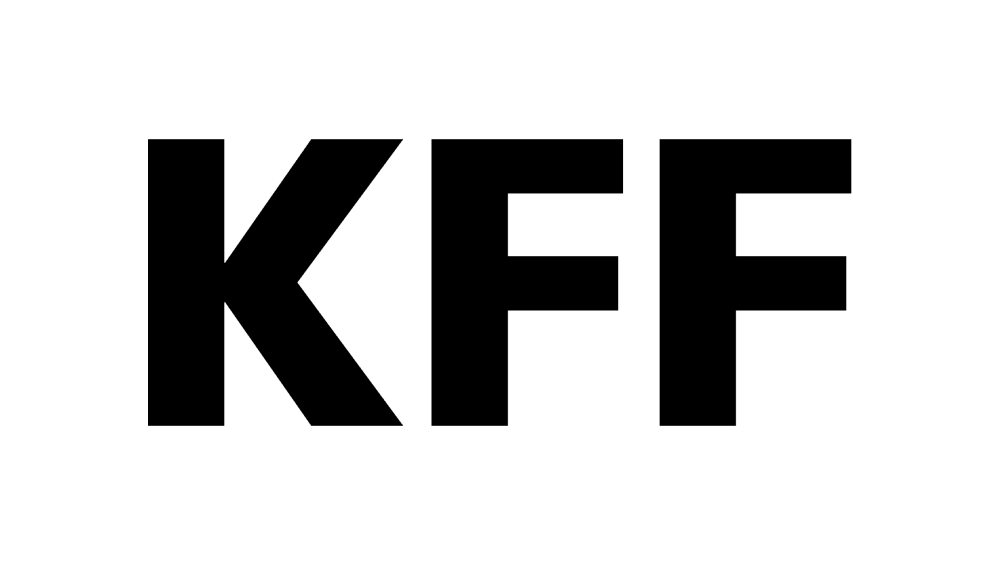 Trends and Indicators in the Changing Health Care Marketplace 2002
Report
Trends and Indicators in the Changing Health Care Marketplace 2002
Report
This chartbook provides information on key trends in the health care marketplace including health spending, the structure of the health care marketplace, and health plan and provider relationships. It highlights data on health plan enrollment, premiums, and benefits, and the implications of health market trends for consumers and the safety…